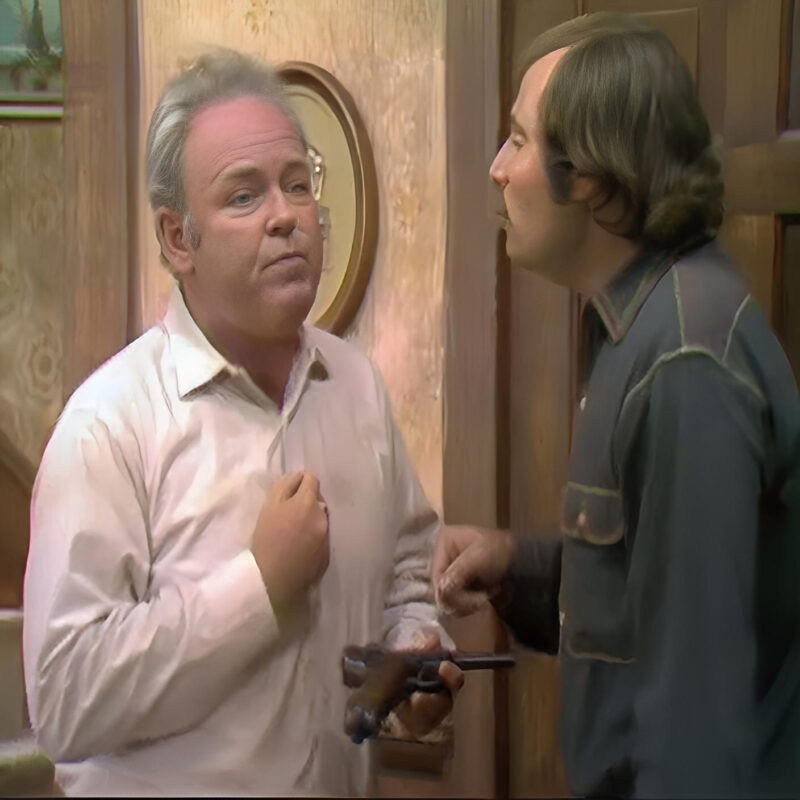
In these turbulent times, understanding the world can feel like an insurmountable challenge. There was once a period when political disputes ended with a simple “agree to disagree.” However, in the age of social media, with its echo chambers and easy filters, it’s all too simple to block out friends and family considered too contentious. This wasn’t always the case with sitcoms, especially those featuring the quintessential American curmudgeon. For much of the 20th century, television audiences cherished blue-collar, counter-culture icons like Ralph Kramden (Jackie Gleason) in “The Honeymooners,” Archie Bunker (Carroll O’Connor) in “All in the Family,” Al Bundy (Ed O’Neill) in “Married with Children,” and Fred Sanford (Redd Foxx) in “Sanford and Son.”
These characters were united by their curmudgeonly demeanor. Ralph, Archie, Al, and Fred were relatable because they embodied the stubbornness and resistance to change that many people recognize in their own lives. We laughed at them because we knew people just like them. Despite their flaws, they remained lovable due to their vulnerability and the wisdom gleaned from their life experiences. They taught us that even the most stubborn individuals have a capacity for change and that we, in turn, can learn to accept and grow alongside them.
Such characters seem to be missing from today’s media landscape, and empathy appears to be at an all-time low. The presence of these characters helped foster understanding and compassion, showing that despite our differences, we can teach and learn from one another.
The 21st Century’s Attempt at Curmudgeons
In the 21st century, few figures have carried the torch of the American curmudgeon. The late Bernie Mac, with his no-nonsense attitude as a father on “The Bernie Mac Show,” brought a similar blend of sternness and humility. Tim Allen’s roles in “Home Improvement” and “The Last Man Standing” touch on some aspects of this archetype, but he lacks the rough-around-the-edges quality of Archie, Al, or Fred.
The live stage recreations of “All in the Family” have sparked a renewed appreciation for the original, though Woody Harrelson’s portrayal of Archie Bunker, while commendable, isn’t quite Carroll O’Connor. Before her controversial outburst, Roseanne Barr’s revival of her sitcom, now called “The Conners,” aimed to capture that raw atmosphere in the Trump era. During its initial run, “Roseanne” was one of the most progressive shows on television, helping to normalize LGBT characters in sitcoms during the 90s when such representation was still taboo. Just ask Ellen DeGeneres.
In 2020, characters like Archie, Al, and Fred might be seen as politically incorrect, but there’s a pressing need to revive the raw and unfiltered American curmudgeon. Not because they are merely funny or we enjoy their suffering, but because they are integral to our cultural fabric. Their interactions foster empathy and understanding, tackling controversial issues head-on in a way that social media often fails to do. Sitcoms have the potential to provide those teachable moments, reminding us that, through laughter and reflection, we can navigate even the most divisive topics.
